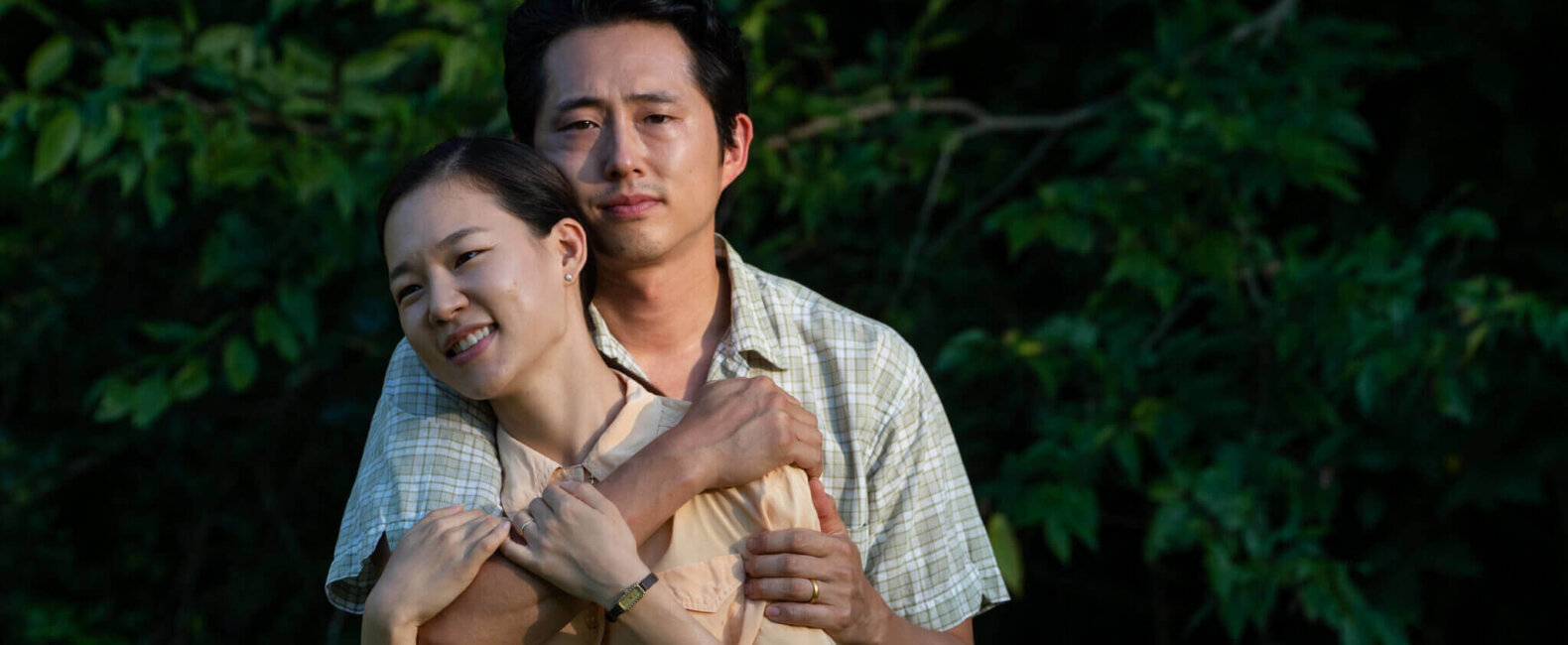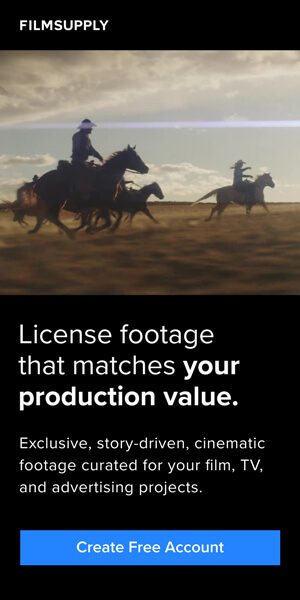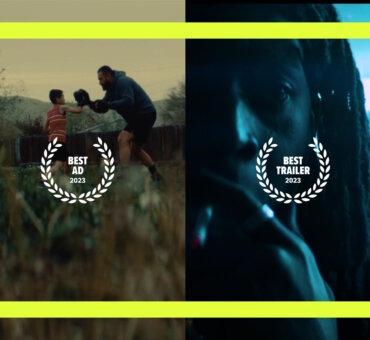When pressed to explain the surprise success of Alan Alda’s 1981 comedy-drama The Four Seasons — which debuted amid a heavy-hitting summer lineup featuring 007, Superman, and King Arthur — a studio executive allegedly dismissed the slice-of-life tale as a ‘non-recurring phenomena.’ As if by its very uniqueness, the film didn’t merit further consideration. Fortunately, this wasn’t the case. In recent years, sleeper hits defying easy pigeonholing have become increasingly common, earning considerable accolades in the process.
Writer/director Lee Isaac Chung’s Minari certainly fits this bill. The A24/Plan B release tells a somewhat autobiographical account of an Asian-American couple in the 1980s who uproots their family and moves to Arkansas, with the dream of growing Korean produce to sell locally. Even before shooting began, Chung hired Harry Yoon to edit his Acadamy Award-nominated feature. With notable credits on Shang-Chi, The Best of Enemies, and Detroit, Yoon had already established a reputation for period drama. Still, this particular project also appealed to him for how it presented the challenge of delivering a specific worldview in a way that offered universal appeal.
Filmsupply: When dealing with a slice-of-life story like Minari, is it challenging to energize the narrative when there aren’t many traditional dramatic tropes to draw upon?
Yoon: Two guiding principles emerged to drive the story and drive audience interest in the film for us. The first was that there was a kind of mythmaking we could explore. This happened once we heard Emile Mosseri’s beautiful music, most of which he created ahead of shooting. We realized how well it would work with the gorgeous cinematography that Isaac and DP Lachlan Milne [ACS, NZCS] put together. We understood that nature and land itself was a real presence throughout. It was almost a physical character in the film. Early on in the film, Jacob [Steven Yeun] says he wants to create the garden of Eden. This was another beat that took the story in a direction beyond historiography and ethnography, into the realm of an American kind of mythmaking, almost in the way Terrence Malick films do. By tapping into that, we drew the audience in and gave an almost romantic sense of what the family experienced in this new land.
The second principle that emerged was the specificity of cultural experience. There was a lot of detail, both in Isaac’s script and in his memories, offering details about life in that era and territory. Those ranged from the bit with Mountain Dew to things grandmother yells while playing cards and the act of watching wrestling together on Sunday mornings. Instead of alienating audiences who were culturally apart from the characters, these events and how characters relate feel so true that it causes the audience to relate their specific memories: time spent with their Grandma, or being out in the countryside or having a family squabble. So specificity could then keep the audience engaged as they projected their memories of emotional intimacy onto what they were watching.
Did these elements emerge during the initial assembly, or did the significance of some only appear when refining the cut?
These moments were in the script. What drew us all to appreciate the writing was how it never felt generic. Isaac then succeeded in casting actors who seemed to live the roles rather than perform them. You really believe Yuh-Jung Youn is grandmother Soonja, just honestly revealing aspects of her irreverence and humor that show you who she is. The same was true with Alan S. Kim as David; all you had to do is watch him open a banana! It doesn’t seem like acting at all because he is so focused on that banana. The editing didn’t have to point to that because it was there on the day, impossible to miss.
There’s a particular shot where Jacob’s hand activates the water supply. In another film, you’d probably cut on that movement like throwing a switch. But you hold a moment and then see the line actually flex a little as the liquid starts coursing through it.
Our intention in holding on to certain memories happened for different reasons. Sometimes, it was to evoke sense memories. Other times it was for practical storytelling considerations. The example you use was the latter because telling the story of how Jacob dealt with water needed a lot of clarification. The script was rather elliptical, so we’d be jumping ahead to get to the next part of the growing season. It was hard to put across, in a substantive sense, the nature of obstacles in his path. In editorial, we used inserts for when the well pump runs for the first time. That’s actually assembled from separately-shot bits and cobbled together by Secret Weapon VFX, which proved to be an amazing vendor for us.
Do you think that the director’s choice of collaborators – yourself included – reflects a feeling of being simpatico with characters and environment? Lachlan’s work shooting Hunt for the Wilderpeople seems to reflect a gentle and affirmative quality.
I think Isaac would appreciate that sentiment. Wilderpeople is one of the reasons he thought Lachlan would be good for this film. He had worked with adults and kids in beautifully-shot interiors as well as shooting them in natural landscapes. Plus, his wonderful sense of humor and irony – which I’d expect anybody who worked with Taiko Watiti would by necessity have to possess – and being resilient and resourceful during a complex and difficult shoot. Isaac needed someone with the work ethic and problem-solving capability and got even more than he asked for with Lachlan. I very much appreciate DPs who, while shooting, take the cut into consideration. That can be challenging with such a short [25-day] schedule. Watching dailies I’d be hoping he managed to get a particular insert, or to shoot a reverse angle. They would be especially useful if I needed to shorten or extend the moment. And every time, by the end of that reel, that coverage would be there.
Since you were cutting the film as shooting progressed, did you weigh in how certain aspects were handled on-set, like the big fire at the end?
I had a very emphatic discussion with Isaac the weekend before shooting. The producers were pitching the possibility of doing the fire with CG. But the two of us – and Lachlan too – were united in the belief that there would be no way to get the visuals looking and feeling right using VFX fire. So the team actually set the barn on fire. And thank God they did because those shots are magnificent, luminous and scary. And there’s no way to fake that. We did opt for some post enhancement on the interiors when Jacob and Monica try to save the vegetables. We had controls in place to protect the actors, so some fire, smoke, and ash elements were supplemental to the original shoot.
There is uncertainty about the intentions of some characters in the film. Was that deliberate?
I think many people go on that journey with Will Patton’s character, Paul, viewing him with suspicion and/or concern. Some audience members even thought Paul would sabotage the farm. Some of that might be inherent when dealing with characters from the rural south, because you have to move on from the established stereotype to humanizing. That’s something we wanted to do here, instead of leaning on the cliché that he isn’t too stable. I tried to respect that, along with Isaac’s desire to portray all the characters as being more than meets the eye. That there would be complexity and underlying humanity emerging once you spend some time with them.
It happens in the micro with other characters, like when Jacob and Monica’s children meet up with local kids at church. I tried to emphasize the initial surprise and discomfort about these newcomers. “Why is your face so flat?” could be an insult, even though it isn’t played that way. We wanted to transition quickly, showing how these boys from different families become friends just like any other pair of kids. We could have stayed longer on those introductions in order to make a more strident point about micro-aggression or racism. But it was more important to see that, by having spent time together, the questions become more about simple curiosity. We emphasize how that instead becomes like an opening salvo in a developing friendship. We didn’t want to go too far and say everybody in the world always has the best intentions. But we felt showing complexity in interactions that weren’t one-note reflected our desire to see humanity in these interactions.
It’s possible that this film’s universality and charm could win over people who would typically dismiss or dislike it based on the logline.
I certainly hope so. The details are one part, but there is a depth to familial human relationships that anybody can identify with. Any married person understands the desire to have good things for your family, but getting them can put you in conflict with each other. Anybody who has a stranger come to live with them recognizes the imposition, just as David does with his grandmother. You’re supposed to honor and love this person, but initially, that person seems like the enemy — up until you find common ground. I’ve heard time and again from people who are not culturally or ethnically Asian-American that they see themselves in this family’s journey. I have a Caucasian-American friend who says, “I understand this completely because I immigrated to California from New Jersey as a kid, so I know what it is like to be a fish out of water.” Congratulations to Youn Yuh-Jung on her Acadamy Award win for Best Supporting Actress in Minari!
Read about the edit for another Acadamy Award-winning film, Sound of Metal, in our interview with Mikkel E. G. Nielsen.






